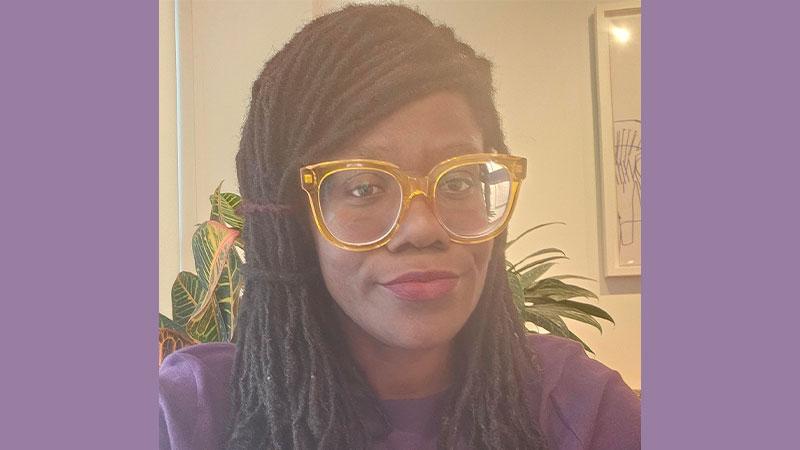Dr Yaz Osho, Principal Lecturer and Director of Academic Professional Development at Westminster’s Centre for Education and Teaching Innovation (CETI), recently wrote for THE Campus about how coaching, as a form of development and empowerment, can address the ethnicity awarding disparity.

The article addressed that the ethnicity awarding gap is a key indicator of racial inequality in the UK's Higher Education (HE) sector. Dr Yaz Osho highlighted that the gap between racially minoritised students and white students decreased by 1.8% from 2019-20 to 2020-21. However, it increased again to 10.7% in 2021-22, returning to pre-pandemic levels. The gap is larger for Black students, averaging 19.3%, and can reach up to 30% at some institutions.
Among other strategies to narrow this gap, Dr Osho discussed the ways in which coaching can play a crucial role in supporting Black students and helping them to navigate university studies. One way in which coaching can help is by giving Black students the responsibility of uncovering their own solutions to the issues they face, using coaching questions, to help build confidence and self-efficacy. This can facilitate students’ own action-orientated skills, such as decision-making, problem-solving and visualisation of goals.
Coaching embedded within the curriculum through lecturers adopting coaching techniques to support students in learning can help Black students develop a strong sense of ownership and accountability. Dr Osho said it can be embedded on a co-curricular and extracurricular basis by institutions, as well as through structural interventions.
Dr Osho stated that coaching can also help to develop coping skills to manage, combat and navigate Black students’ experiences where they faced discrimination at university or within their student community. Consequently, coaching can develop essential strategies such as promoting a sense of agency, building resilience and enhancing well-being.
Dr Osho discussed that for Black students who are the first in their families to go to university, coaching can be a practical resource and approach to talk about their feelings and experiences. This outlet can positively impact continuation and progression rates, whereby Black students have someone to turn to, as and when issues arise in their university life.
Lastly, she commented that coaches reflect upon their own biases and respect cultural backgrounds. This can help to foster trust and a sense of belonging in students, challenge the stereotypes that are impacting them and build a safe space for dialogue.
Research has already demonstrated the impact coaching offers Black students in self-reported behaviour changes, such as self-confidence and self-efficacy.
Dr Yaz Osho commented: “Implementing coaching approaches in the curriculum and co-curricular activities will create a supportive and empowering environment for Black students and other student groups experiencing disparities in outcomes. By training staff in coaching techniques and hiring culturally responsive coaches, as well as implementing structural and institutional interventions, universities can better support Black students to thrive in their studies.”
Dr Yaz Osho has over 20 years of experience in the HE sector at several institutions. Her research interests include examining institutional, teaching and pastoral strategies to address the awarding gap, the experiences of Black colleagues in HE, racially minoritised entrepreneurship, the qualitative experiences of Black students in HE and the experiences of Black academics in the digital sphere.
Read the full article on THE Campus.


